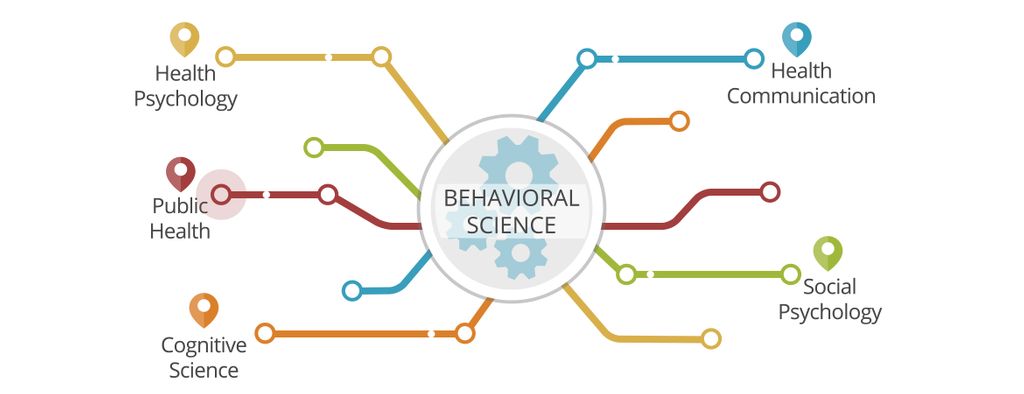
What Does It Mean To Use Behavioural Science Lens?
The field of behavioural science has become increasingly popular in recent years, particularly in the areas of marketing, psychology, and economics. This interdisciplinary field seeks to understand how people make decisions and behave in various contexts, and how these behaviours can be influenced and changed.
Using a behavioural science lens means taking a data-driven approach to understanding human behaviour. This involves looking beyond self-reported beliefs and attitudes and instead focusing on observable behaviours, such as the choices people make, the way they interact with others, and the language they use. By analyzing these behaviours, researchers can gain a deeper understanding of what motivates people and how they make decisions.
Physics does not change the nature of the world it studies, and no science of behavior can change the essential nature of man, even though both sciences yield technologies with a vast power to manipulate the subject matters.
-- B. F. Skinner
One of the key principles of behavioural science is that people are not always rational decision-makers. We are influenced by a variety of factors, including our emotions, biases, and social norms. For example, we may be more likely to buy a product if it is endorsed by a celebrity, even if we know that celebrity has no real expertise in that area. Similarly, we may be more likely to make a particular choice if it is presented to us in a certain way, even if that choice is not objectively the best one.
So What Happens When I Understand These Factors?
By understanding these factors, marketers, policymakers, and other professionals can design interventions and campaigns that are more likely to be effective. This might involve using social norms to encourage people to adopt a certain behaviour, or designing products and services that are more appealing to our emotional impulses. For example, a company might use a behavioural science approach to design a new marketing campaign that appeals to consumers' desire for social approval, by emphasizing the popularity of the product or service.

Any Other Important Aspects?
Another important aspect of using a behavioural science lens is the emphasis on testing and experimentation. Rather than relying on assumptions or intuition, behavioural scientists use experiments to test their theories and interventions. This might involve conducting surveys, running focus groups, or even conducting randomized controlled trials. By testing their ideas in a rigorous way, researchers can be more confident that their interventions are actually having the desired effect.
Also another key aspect of using a behavioural science lens is the recognition that behaviour change is often complex and multifaceted. Rather than assuming that a single intervention will be enough to change behaviour, behavioural scientists often take a more holistic approach. This might involve combining multiple interventions, or designing interventions that take into account the various factors that influence behaviour. For example, a public health campaign aimed at reducing smoking might involve a combination of educational materials, financial incentives, and social support networks, tailored to the specific needs of different populations.
Finally, it's important to note that using a behavioural science lens also involves a recognition of the ethical implications of behaviour change. While changing behaviour can be beneficial in many cases, it can also be manipulative or coercive if not done carefully. As such, many behavioural scientists work to ensure that their interventions are designed with ethical considerations in mind, such as informed consent and respect for individual autonomy. This involves a delicate balance between achieving desired behaviour change outcomes and respecting the rights and dignity of the individuals involved.
In summary, using a behavioural science lens involves taking a scientific approach to understanding and changing human behaviour, focusing on observable behaviours and testing interventions through rigorous experimentation. This approach can be applied in a wide range of fields and can lead to more effective interventions and campaigns. However, it's important to recognize that behaviour change is often complex and multifaceted, and ethical considerations must be taken into account to ensure that interventions are designed with respect for individual autonomy and dignity.





